Description
Thymosin Alpha-1 (Tα1) is a peptide hormone naturally produced by the thymus gland. It is involved in immune system regulation, and it has been studied for its potential therapeutic benefits in treating various immune-related conditions and chronic diseases. Thymosin Alpha-1 is a fragment of the full thymosin peptide (which is made up of multiple isoforms), and it specifically plays a role in immune modulation.
What is Thymosin Alpha-1 (Tα1)?
- Thymosin Alpha-1 (often abbreviated as Tα1) is a synthetic version of a naturally occurring peptide that consists of 28 amino acids. It is derived from thymosin, a peptide found in the thymus gland.
- Thymosin Alpha-1 plays a key role in the activation of T-cells, which are essential for immune defense. It enhances the function of the immune system by promoting the maturation and activation of T lymphocytes, which are vital for recognizing and attacking infected or abnormal cells.
Mechanism of Action:
- Immune System Enhancement:
- Thymosin Alpha-1 primarily works by activating the immune system through the T-cell-mediated immune response. It helps improve the production of interleukins and cytokines, which are signaling molecules involved in immune cell activation and immune communication.
- It increases the proliferation and activity of T cells, which play a major role in cell-mediated immunity (the type of immunity that targets viruses, bacteria, and cancer cells).
- Enhancing T-cell Activity:
- Tα1 boosts the activity of helper T cells (CD4+ cells), which are involved in coordinating the immune response, as well as cytotoxic T cells (CD8+ cells), which destroy infected or cancerous cells.
- By increasing the number and activity of these cells, Thymosin Alpha-1 enhances the immune defense against pathogens, viruses, and tumor cells.
- Anti-inflammatory Effects:
- In addition to its immune-boosting properties, Thymosin Alpha-1 has been shown to have anti-inflammatory effects, which can be beneficial in conditions characterized by excessive inflammation, such as autoimmune diseases and chronic inflammatory conditions.
- Tissue Repair and Regeneration:
- Thymosin Alpha-1 has potential tissue repair and wound healing properties, particularly due to its ability to enhance immune responses and promote the regeneration of damaged tissue.
Applications of Thymosin Alpha-1 (Tα1):
- Treatment of Immune Deficiencies:
- Thymosin Alpha-1 is primarily used in clinical settings to boost the immune system in individuals with immune deficiencies. This includes patients with chronic infections, HIV/AIDS, and those with weakened immune responses due to various diseases or age.
- Hepatitis B and C:
- Thymosin Alpha-1 has been studied for its potential to improve liver function and immune response in patients with hepatitis B and hepatitis C. It is sometimes used as an adjunct therapy to help manage these viral infections.
- Cancer Immunotherapy:
- It is being researched for its potential as an immunomodulatory therapy in cancer treatment. By enhancing the immune system’s ability to recognize and attack tumor cells, Thymosin Alpha-1 may have a role in cancer immunotherapy.
- Chronic Fatigue Syndrome (CFS):
- Thymosin Alpha-1 has been explored as a treatment for chronic fatigue syndrome (CFS), a condition that is often associated with immune dysfunction. By boosting immune function, Thymosin Alpha-1 may help alleviate some of the symptoms of CFS.
- Post-Surgery or Post-Infection Recovery:
- It is also used in patients recovering from major surgery or serious infections to accelerate recovery and restore normal immune function.
- Vaccination Adjuvant:
- Thymosin Alpha-1 is sometimes used as an adjuvant (a substance that enhances the body’s immune response to a vaccine) to help improve the effectiveness of certain vaccines, particularly in individuals with weakened immune systems.
Administration of Thymosin Alpha-1:
- Thymosin Alpha-1 is typically administered via subcutaneous injection. The dosage and frequency of administration depend on the specific condition being treated.
- In clinical settings, it is usually injected once a week or several times per week depending on the protocol. The dosage can range from 1 to 1.5 mg per week for immune modulation or cancer therapy.
Side Effects of Thymosin Alpha-1:
While Thymosin Alpha-1 is generally well-tolerated, there can be some side effects, including:
- Injection site reactions, such as redness, swelling, or pain.
- Mild allergic reactions, such as rash or itching.
- Flu-like symptoms, including fever or chills.
- Fatigue or headaches in some individuals.
Legality and Availability:
- Thymosin Alpha-1 is approved for use in some countries for the treatment of specific conditions, such as immune deficiencies or hepatitis.
- In many countries, it remains classified as a research peptide and may not be readily available without a prescription. It is used primarily in clinical and hospital settings, particularly in patients with immune-related conditions.
Conclusion:
Thymosin Alpha-1 (Tα1) is a synthetic peptide that modulates the immune system by stimulating the activity of T-cells and promoting overall immune function. It is used in the treatment of conditions such as immune deficiencies, chronic infections, cancer, and hepatitis. Its ability to improve immune response and its potential for tissue repair make it a valuable therapeutic tool in various medical fields. However, its use outside of clinical settings should be approached with caution, and it should only be administered under medical supervision.





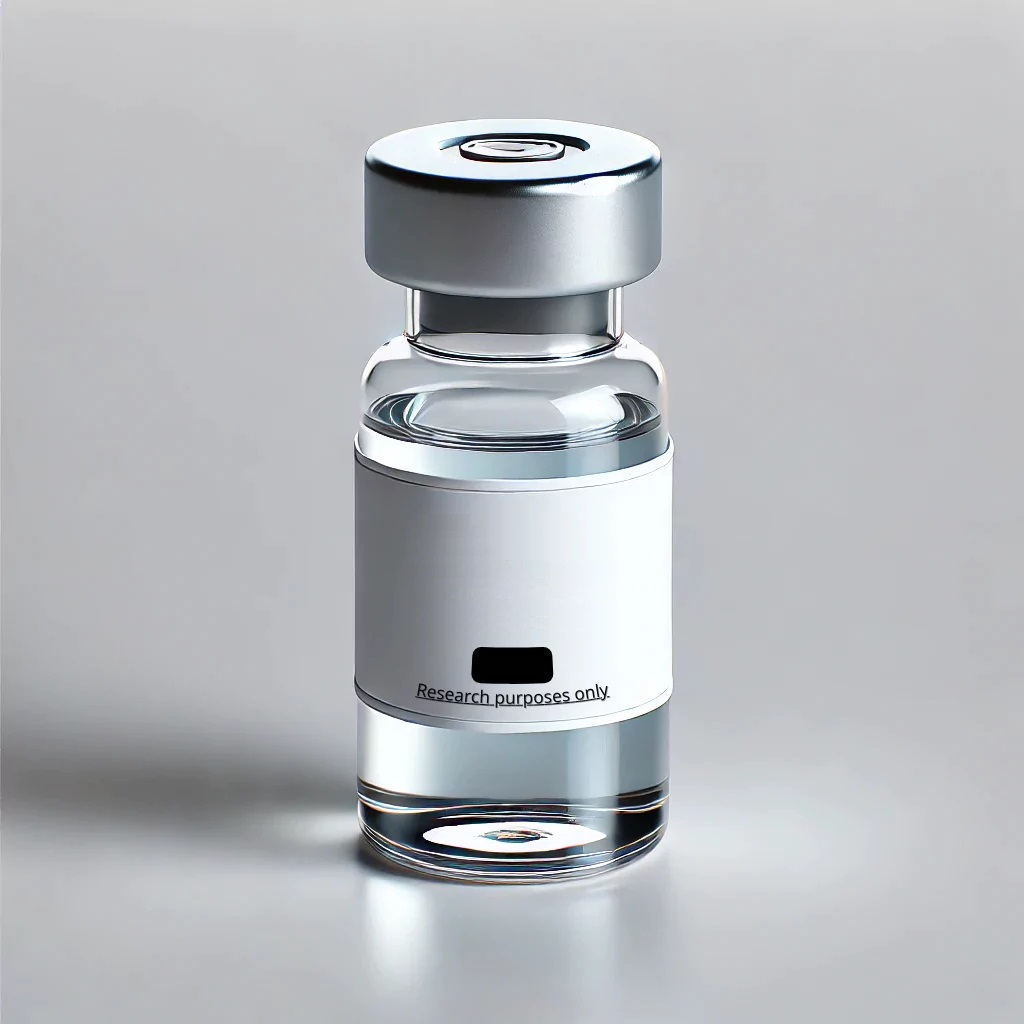
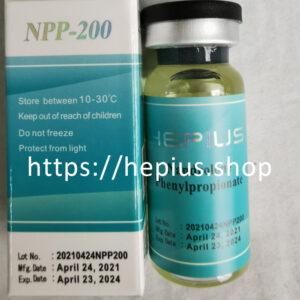
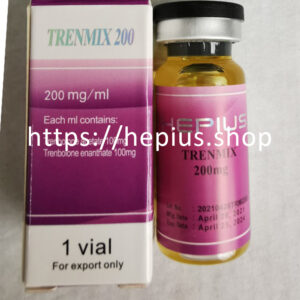
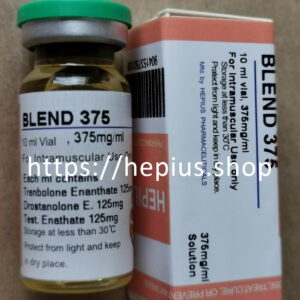
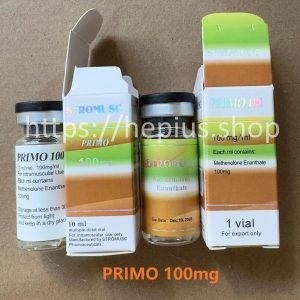
Reviews
There are no reviews yet.